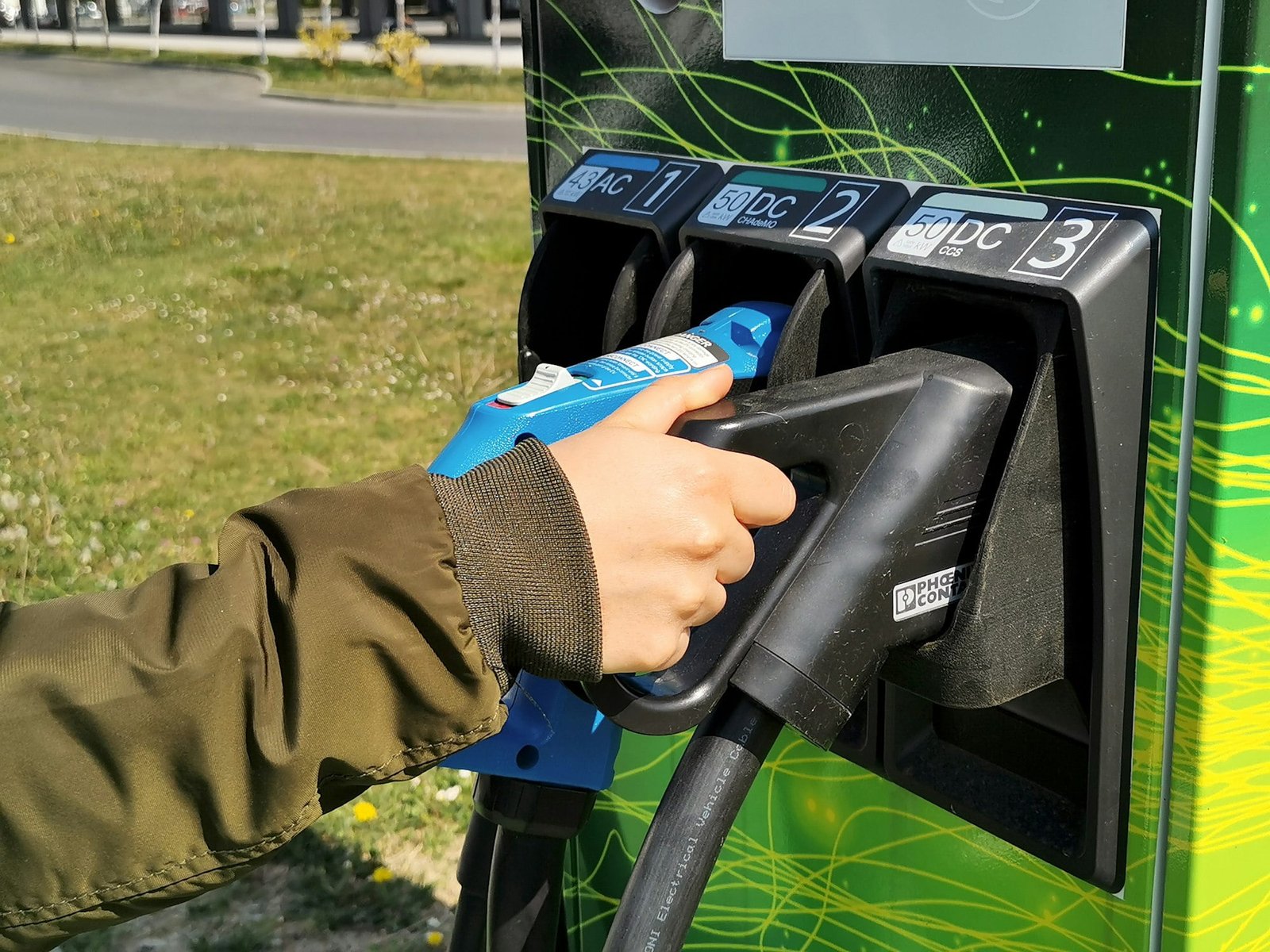Accelerating the Future: AI’s Role in Ultra-Fast Charging Technologies for EVs
Future AI AutomotiveTable of Contents
In the quest for sustainable transportation, electric vehicles (EVs) have emerged as a promising solution to reduce greenhouse gas emissions and combat climate change. However, one of the key challenges hindering the widespread adoption of EVs is the time it takes to recharge their batteries. Enter artificial intelligence (AI), which is revolutionizing the development of ultra-fast charging technologies for EVs. This article explores how AI is driving innovation in EV charging, making electric vehicles more convenient and accessible than ever before.
The Need for Ultra-Fast Charging
As the demand for electric vehicles continues to rise, the need for faster and more convenient charging solutions becomes increasingly critical. Traditional charging methods, such as standard AC charging and even fast DC charging, often require significant time investments, limiting the appeal of EVs for consumers accustomed to the convenience of gasoline-powered vehicles. Ultra-fast charging technologies powered by AI offer a solution to this challenge, enabling EV drivers to recharge their vehicles quickly and efficiently.
AI-Powered Charging Infrastructure Optimization
One of the key contributions of AI to ultra-fast charging technologies for EVs is its ability to optimize charging infrastructure. AI algorithms analyze factors such as charging station location, grid capacity, and EV usage patterns to identify optimal locations for deploying ultra-fast charging stations. By strategically placing charging infrastructure where it is most needed, AI ensures that EV drivers have access to fast and reliable charging options, reducing range anxiety and promoting EV adoption.
Dynamic Charging Management with AI
AI also plays a crucial role in dynamic charging management, which involves dynamically adjusting charging rates based on factors such as grid load, electricity prices, and renewable energy availability. AI algorithms monitor real-time data to optimize charging parameters, ensuring that EVs are charged as quickly and efficiently as possible without overloading the grid or driving up electricity costs. This dynamic approach to charging management maximizes the use of renewable energy sources and minimizes the environmental impact of EV charging.
Battery Management and Health Monitoring
Another area where AI contributes to ultra-fast charging technologies for EVs is battery management and health monitoring. AI algorithms analyze battery data, such as temperature, voltage, and state of charge, to optimize charging protocols and prolong battery life. By detecting anomalies and predicting potential issues, AI helps prevent battery degradation and ensures the long-term reliability of EVs. This proactive approach to battery management is essential for maximizing the effectiveness of ultra-fast charging technologies.
Conclusion:
In conclusion, AI is playing a pivotal role in the development of ultra-fast charging technologies for electric vehicles, revolutionizing the way we power our cars. By optimizing charging infrastructure, dynamically managing charging rates, and monitoring battery health, AI is making EVs more convenient, accessible, and sustainable than ever before. As AI continues to advance, we can expect further innovations in ultra-fast charging technologies, driving the widespread adoption of electric vehicles and accelerating the transition to a greener, more sustainable transportation future.
FAQs:
How does AI contribute to the development of ultra-fast charging technologies for EVs?
AI optimizes charging infrastructure placement, dynamically manages charging rates, and monitors battery health to maximize the efficiency and effectiveness of ultra-fast charging technologies for EVs.
What are the benefits of ultra-fast charging technologies for EVs?
Ultra-fast charging technologies reduce charging times, alleviate range anxiety, and promote the widespread adoption of EVs by making electric vehicles more convenient and accessible to consumers.
How does AI optimize charging infrastructure for EVs?
AI analyzes factors such as charging station location, grid capacity, and EV usage patterns to identify optimal locations for deploying ultra-fast charging stations, ensuring that EV drivers have access to fast and reliable charging options.
What is dynamic charging management, and how does AI contribute to it?
Dynamic charging management involves adjusting charging rates based on real-time data such as grid load and electricity prices. AI algorithms optimize charging parameters to maximize efficiency and minimize environmental impact while ensuring fast and reliable charging for EVs.
How does AI monitor battery health in EVs?
AI algorithms analyze battery data, such as temperature, voltage, and state of charge, to detect anomalies and predict potential issues. By proactively managing battery health, AI helps maximize the reliability and longevity of EV batteries.
